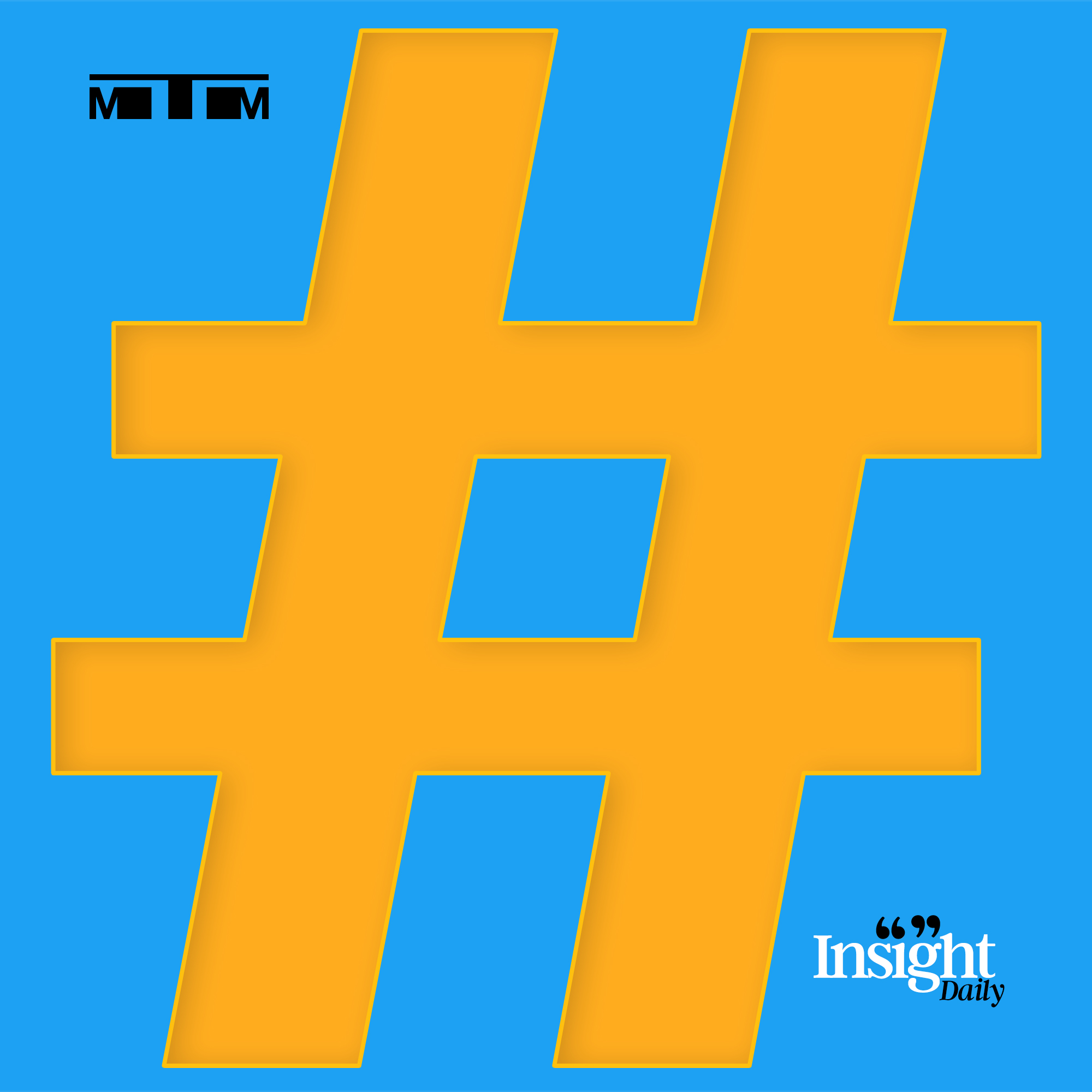
Hashtag Strategy: Getting the Most Out of Your Social Content.
We've all seen the ubiquitous numerical sign across our social media feeds. Whether it's on Twitter, Instagram or Facebook, brands and users alike are using hashtags to convey certain ideas or elements that are important to them. Hashtags have become such a prevalent part of our lives that some people even use the term "hashtag" for emphasis when they speak in everyday conversation (please don't be one of these people). With that being said, how can brands and companies leverage these hashtags into their social media strategy? A strong hashtag strategy can help gain followers, drive interactions and help with overall branding.
A hashtag is represented by the "#" sign. Placing the "#" sign in front of a word in a social media posting creates a hashtag phrase. Essentially this is used to put all of the content related to the term in one place. If you were to search "#nature" on Instagram you would instantly see hundreds of thousands of posts that have all used the "#nature" hashtag. This is a simple way for social media platforms to gather all posts related to a specific idea. It also helps these platforms decide what's trending. For example, earlier this year #NPS100 was trending on Instagram and Twitter, and the tag made it easy to find all of the posts related to the 100 year anniversary of the National Park Services in the United States. Upon searching this tag, users could find all of the related posts.
Now that we know how hashtags work it's time to implement a hashtag strategy into our social media posting. You can use a variety of third party sites to see how many posts exist for any given hashtag. I definitely encourage spending a little bit of time and doing some hashtag research. Write down the words and phrases you want to use in your hashtag strategy, then take a look and see how often these get used.
Much like keyword planning, you want to find the sweet spot where large search volume but low competition exists. It is important to remember that social media is about more than the raw number of followers your brand has. It's far better to have a smaller fan base that is engaged than a large fan base that mostly ignores your post. That's why I generally avoid the most popular hashtags, such as #Instagood, #F4F (follow for follow), etc. Using these hashtags will put your content in front of a large group of people, but that content will be buried by a deluge of other posts. This content also isn't targeted at all. That doesn't mean that you shouldn't ever use #TBT (Throwback Thursday, another popular hashtag), but I wouldn't depend on it to get eyes on your content.
Try to keep your hashtags related to the audience you are trying to reach. Do some research and see what hashtags others in your industry are using. Get creative and figure out new ways to present your that are relevant to your fan base. If you're a local business, use hashtags related to your location. People do search social media by tags in order to find interesting accounts to follow. By using a hashtag strategy is relevant content, you are ensuring that your content will be put in front of people who are more likely to interact with your brand.
Now that you have done your research and figured out which hashtags are relevant to your industry, it's time to work on some branded hashtags. I would always advise to hashtag the name of your company or brand. Additionally, choose a tagline that you want to use as a hashtag. Now you can encourage your fan base to use it on posts related to your brand. This way you will always have all of your content, as well as user-curated content at your fingertips. Hashtags represent a nice branding opportunity to drive home a tagline that personifies your business.
In conclusion, a hashtag strategy should be a large part of an overall social media strategy. Well researched and thought out hashtags will get your content in front of thousands of potential fans and help you to build your brand. Don't use a million hashtags on every post an resist the temptation to jump on the most highly competitive tags. Be creative, have fun, and you will see the hashtag strategy pay off in a big way!